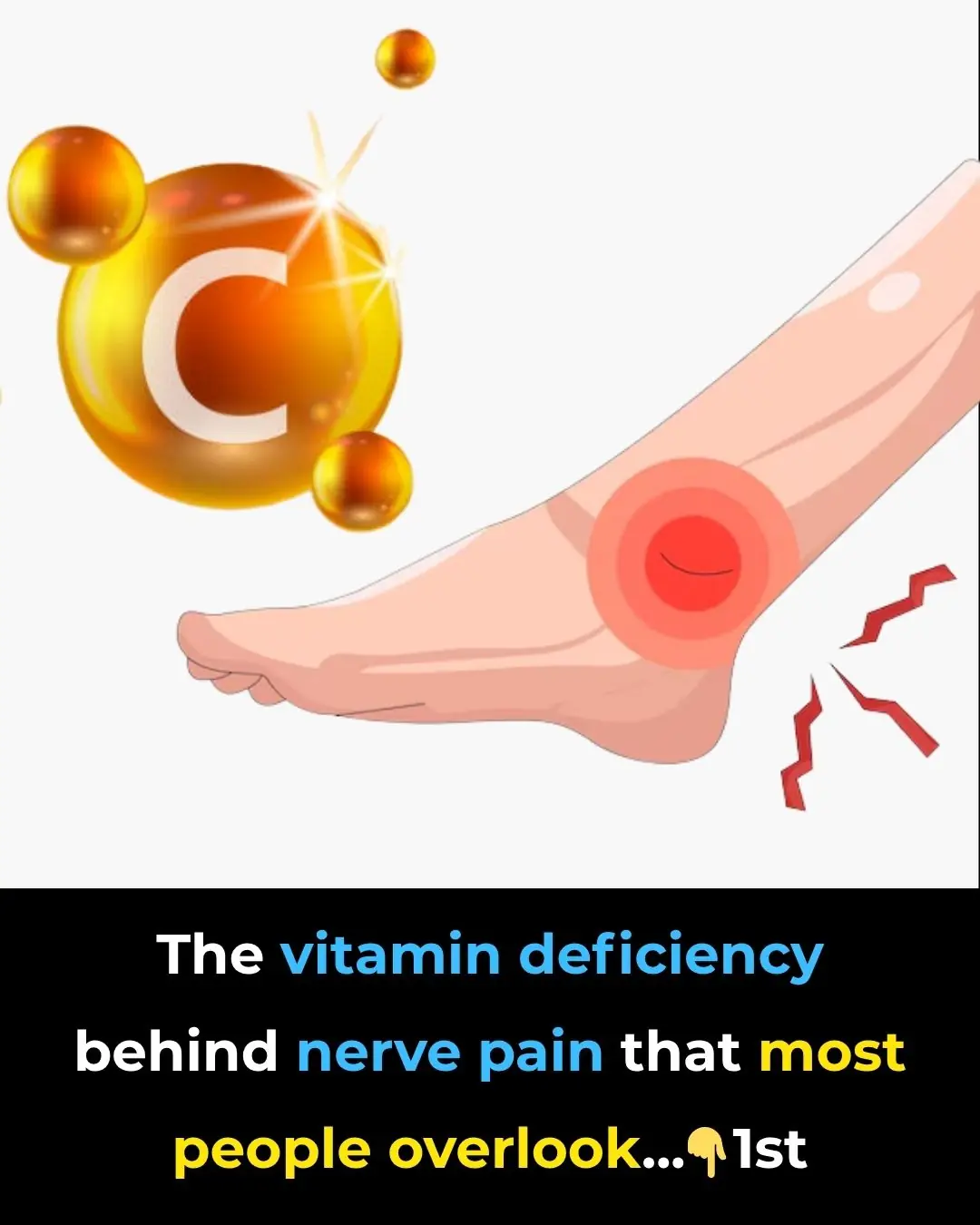
3 Mineral Waters That Can Help Remove Aluminum From The Brain

Aluminum Exposure: What Science Reveals About Its Hidden Effects on the Brain
Aluminum is nearly impossible to avoid. It appears in tap water, packaged and processed foods (even infant formula), cookware, cosmetics, and even the air we breathe. While some studies have classified aluminum as a potential carcinogen, others continue to debate whether it should also be officially labeled as a neurotoxin. Despite these discussions, decades of scientific evidence paint a concerning picture.
For more than 50 years, research has consistently shown that aluminum exposure can contribute to the development of neurofibrillary tangles—the same twisted proteins found in the brains of people with Alzheimer’s disease. These tangles disrupt communication between neurons and gradually impair memory, thinking, and overall cognitive function.
One of the most troubling aspects is how efficiently aluminum enters the body. Whether inhaled, applied topically, or ingested, aluminum can find its way into the bloodstream. From there, it travels through the body’s iron transport system, bypassing protective barriers that normally keep harmful substances out of the brain. Although the digestive system is able to eliminate a large portion of ingested aluminum, a small amount still accumulates over time—especially in tissues with slow cellular turnover, such as the brain, bones, and heart.
Dangers of Aluminum Toxicity
Given its widespread presence and ability to accumulate, it’s not surprising that aluminum has been linked to numerous neurological and autoimmune disorders. These include:
-
Alzheimer’s disease
-
Parkinson’s disease
-
Multiple sclerosis (MS)
-
Chronic fatigue syndrome
-
Certain autoimmune conditions
Researchers have even suggested that aluminum exposure may play a role in developmental and learning disorders such as autism, though this connection is still actively debated in the scientific community.
Because Alzheimer’s disease currently has no medical cure, researchers continue searching for interventions that can help manage or slow the progression of symptoms. Interestingly, one of the most unexpected discoveries involves something incredibly simple: mineral water.
Silica-Rich Mineral Water as a Detox Method
Silica, a naturally occurring mineral found in many types of mineral water, has been shown to reduce the body’s absorption of aluminum. Studies suggest that consuming as little as 10 mg of silica per day can decrease aluminum uptake in the gut, encourage its removal through urine, and protect against some of aluminum’s harmful effects.
A notable study led by Professor Christopher Exley from Keele University explored how silica-rich water could help individuals with Alzheimer’s. In the 13-week study, 15 participants drank one liter of silica-rich Malaysian mineral water called Spritzer daily.
The results were remarkable:
-
Aluminum levels in participants dropped by up to 70%
-
Cognitive decline slowed significantly
-
Three participants actually experienced measurable improvements in mental function
“All the aluminum in the body is drawn into the bloodstream and excreted in the urine when drinking silica-rich water,” Professor Exley explained. “The most interesting finding was the potential link between aluminum removal and cognitive improvements.”
The mineral water used in the study contained 35 mg of silica per liter, which can be difficult to find in North America. However, similar brands include:
-
Volvic – 20 mg/liter
-
Fiji Water – 45 mg/liter
Foods Naturally High in Silica
If silica-rich mineral water is unavailable, you can increase silica intake through whole foods:
-
Oats (100g) – 595 mg
-
Millet (100g) – 500 mg
-
Barley (100g) – 233 mg
-
Potatoes (100g) – 200 mg
-
Jerusalem artichokes (100g) – 36 mg
-
Red beets (100g) – 21 mg
-
Asparagus (100g) – 18 mg
-
Banana (250g) – 13.6 mg
-
Cooked green beans (250g) – 6.1 mg
-
Raw carrots (200g) – 4.58 mg
-
Brown rice (200g) – 4.14 mg
Quick Facts About Silica
-
Silica is short for silicon dioxide.
-
It is a natural substance found in soil, plants, and water.
-
It should not be confused with silicone, a man-made industrial material often used in medical implants.
-
Silica supports healthy cartilage, joints, hair, skin, and nails.
-
The body needs silica to produce collagen, the connective tissue essential for skin elasticity and structural integrity.
Turmeric for Protection
In addition to silica, curcumin—the active compound in turmeric—may offer protective benefits. Curcumin helps shield the brain from aluminum-induced oxidative stress, reduces inflammation, and has been shown to decrease beta-amyloid plaques associated with Alzheimer’s disease. Some studies also indicate that turmeric can modestly improve memory and cognitive function in Alzheimer’s patients.
A simple way to incorporate turmeric is to mix 1 teaspoon into a glass of mineral water or enjoy a warm cup of golden milk each evening.
News in the same category

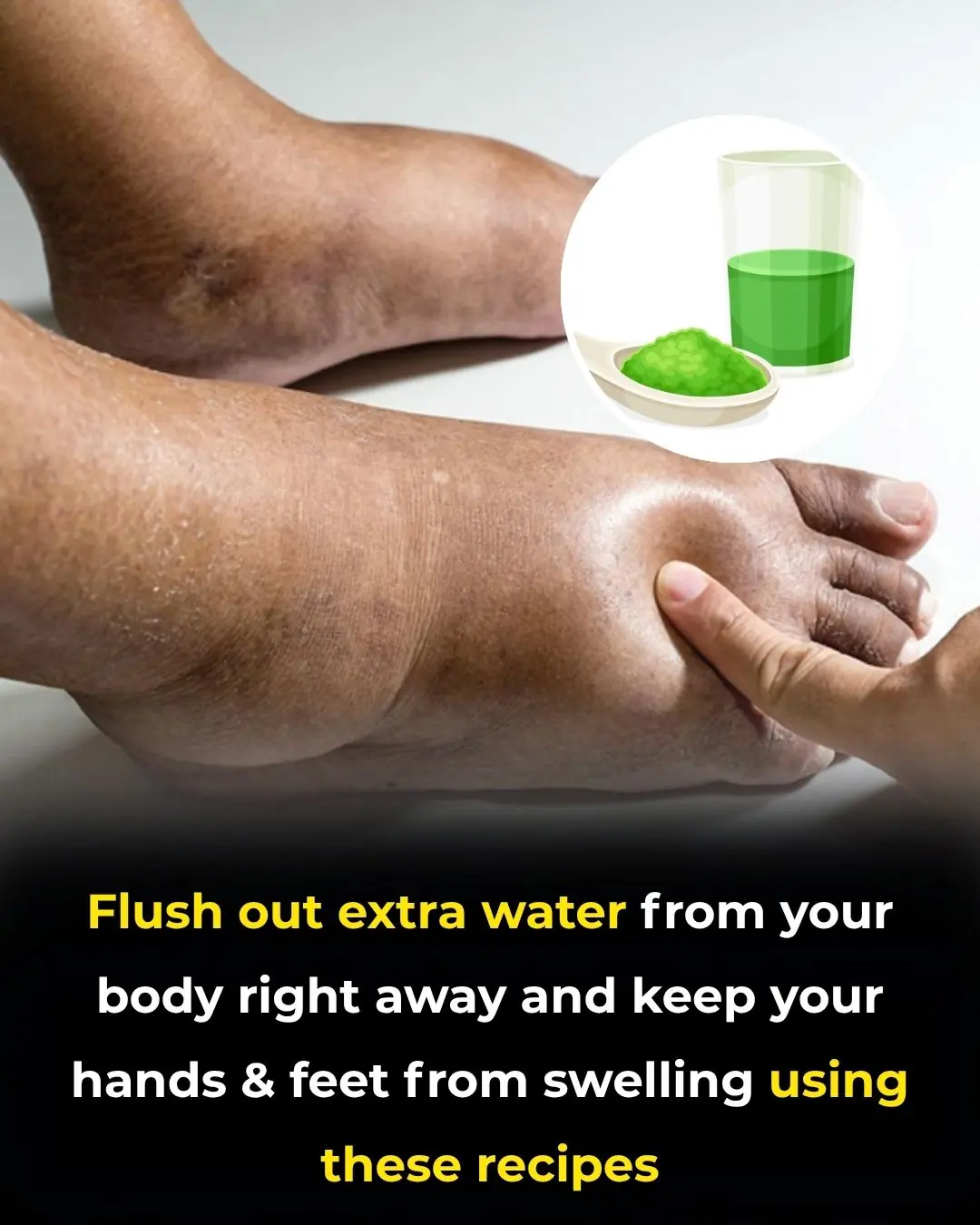
Say Goodbye to Swelling: Natural Ways to Beat Water Retention Fast!
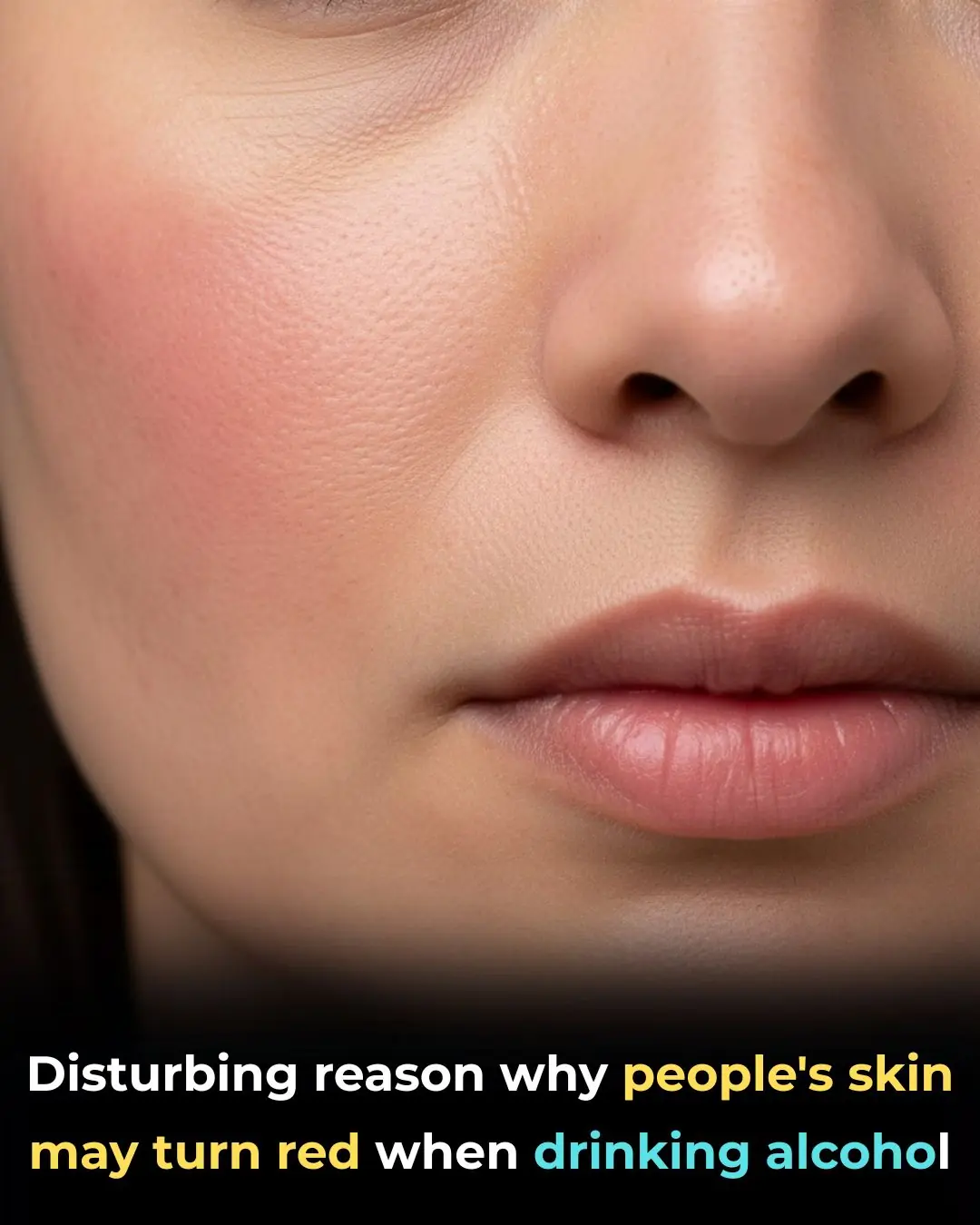
Why Some People’s Skin Turns Red When Drinking Alcohol
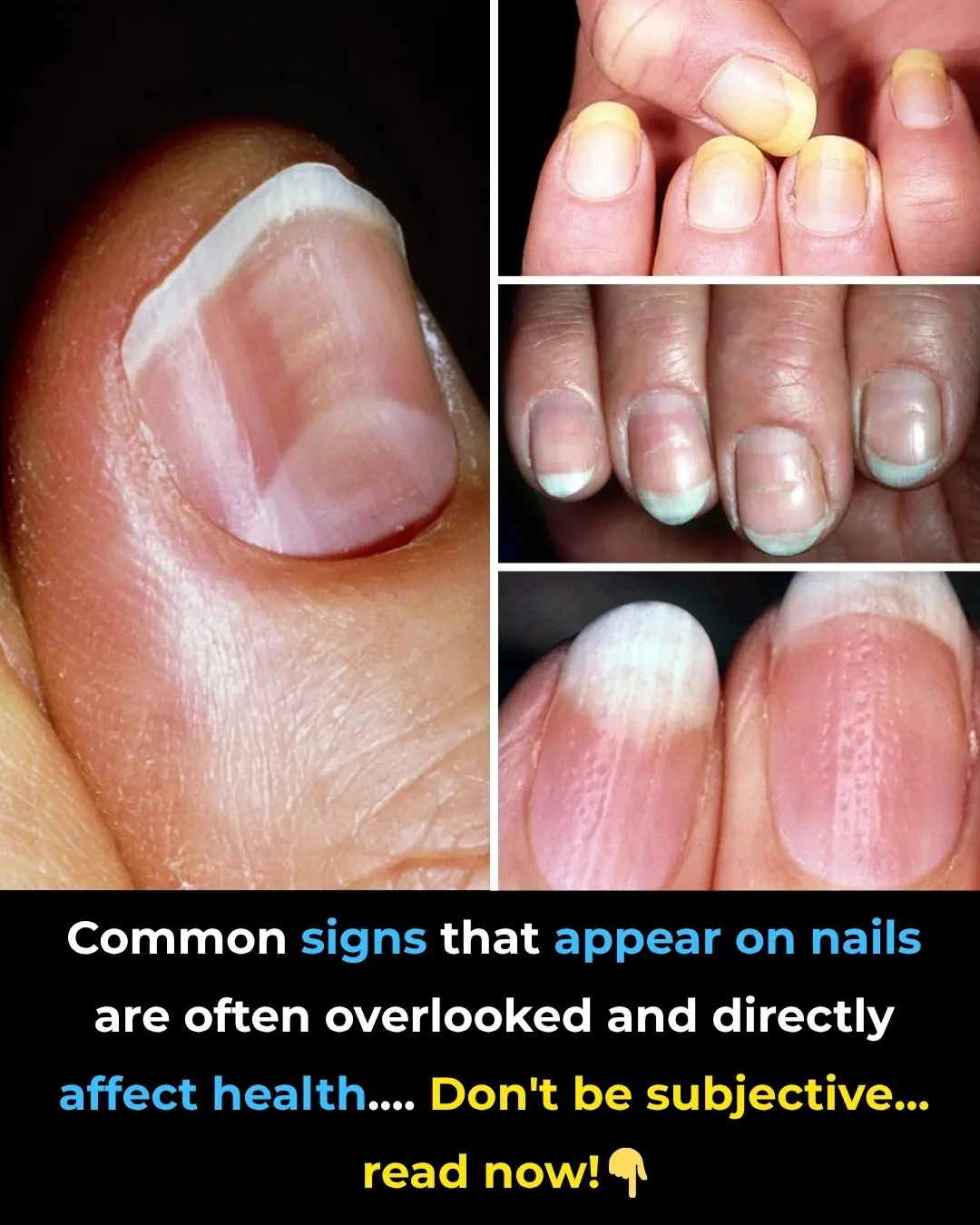
What Your Nails Reveal About Your Health: Hidden Signs You Shouldn’t Ignore
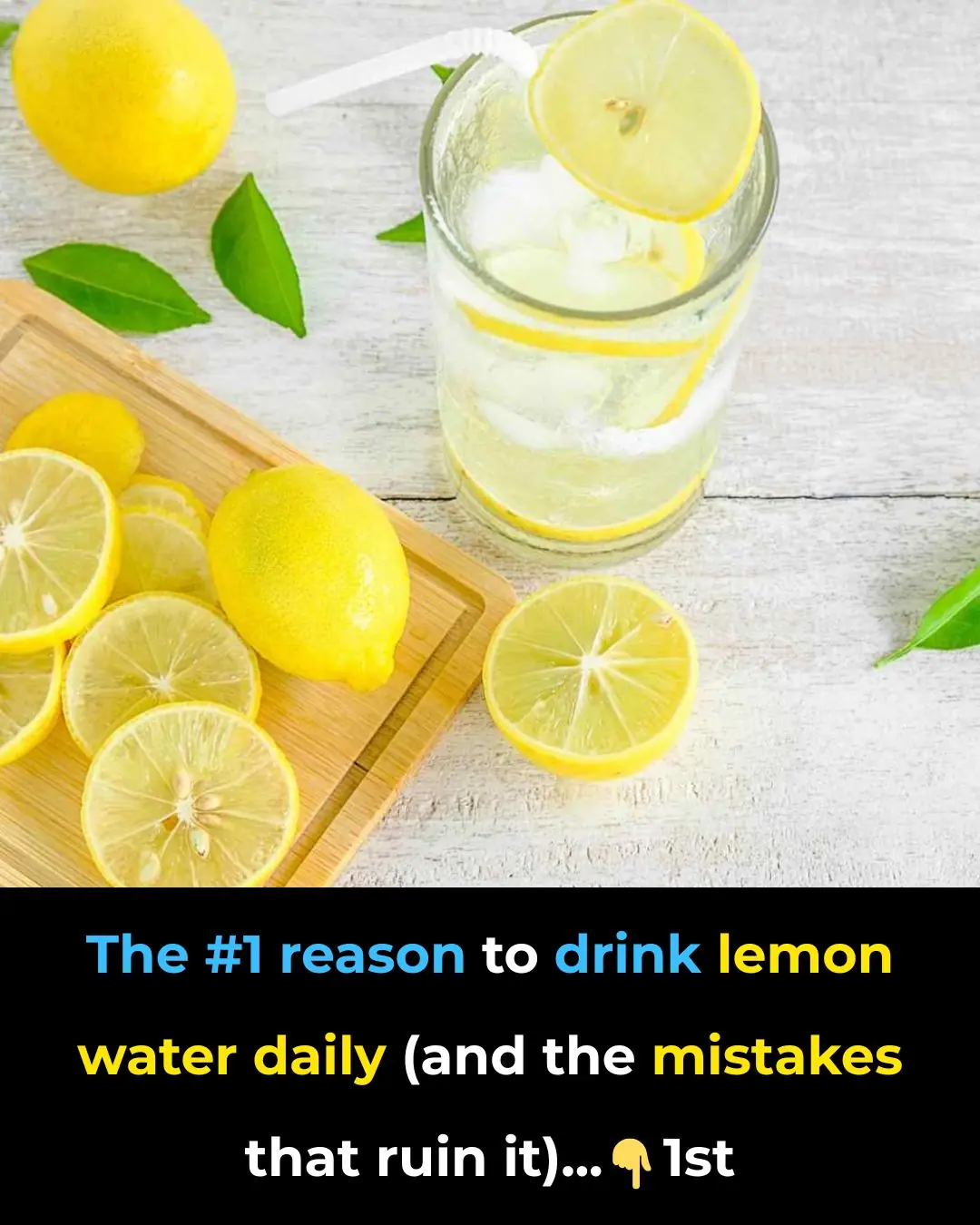
The #1 reason to drink lemon water daily (and the mistakes that ruin it)
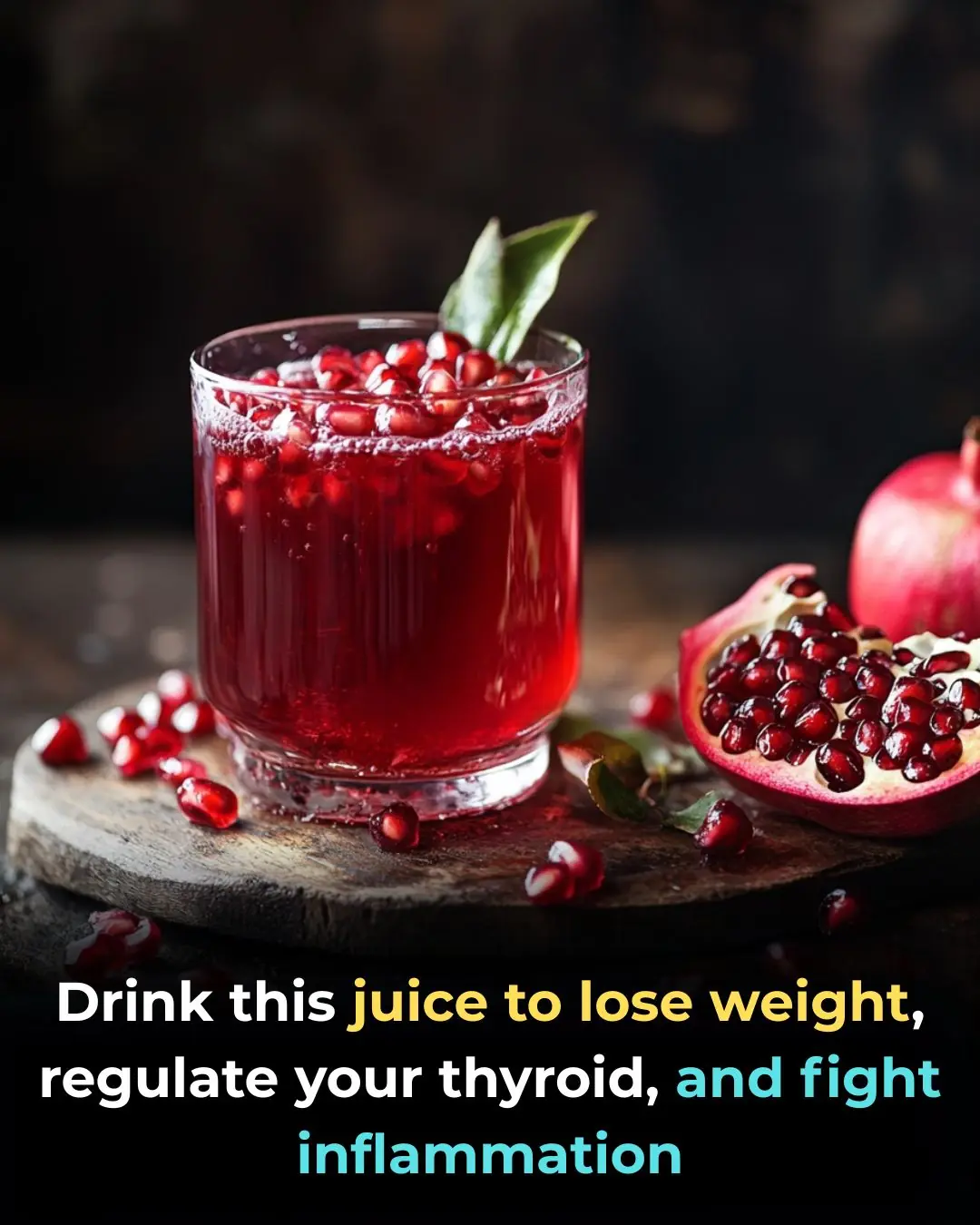
Maintain Your Thyroid in Top Condition with This Juice

Eggs in Pregnancy: How They Can Supercharge Your Baby’s Brain Development

Scientists Achieve Breakthrough in Reversing Human Skin Cell Aging by 30 Years: A New Era for Anti-Aging and Regenerative Medicine

Eating Eggs Weekly May Reduce Alzheimer’s Risk by 47%: What New Research Reveals

The best way to lower blood sugar fast!

Signs of pancreatic cancer you should never ignore

Top 3 Foods to Prevent Leg Cramps in Seniors: Strengthen Your Legs Naturally!

5 Herbs Your Liver Wished You’d Start Eating More Often (Or At Least Try!)

Top 10 foods that unclog arteries naturally and prevent heart attack
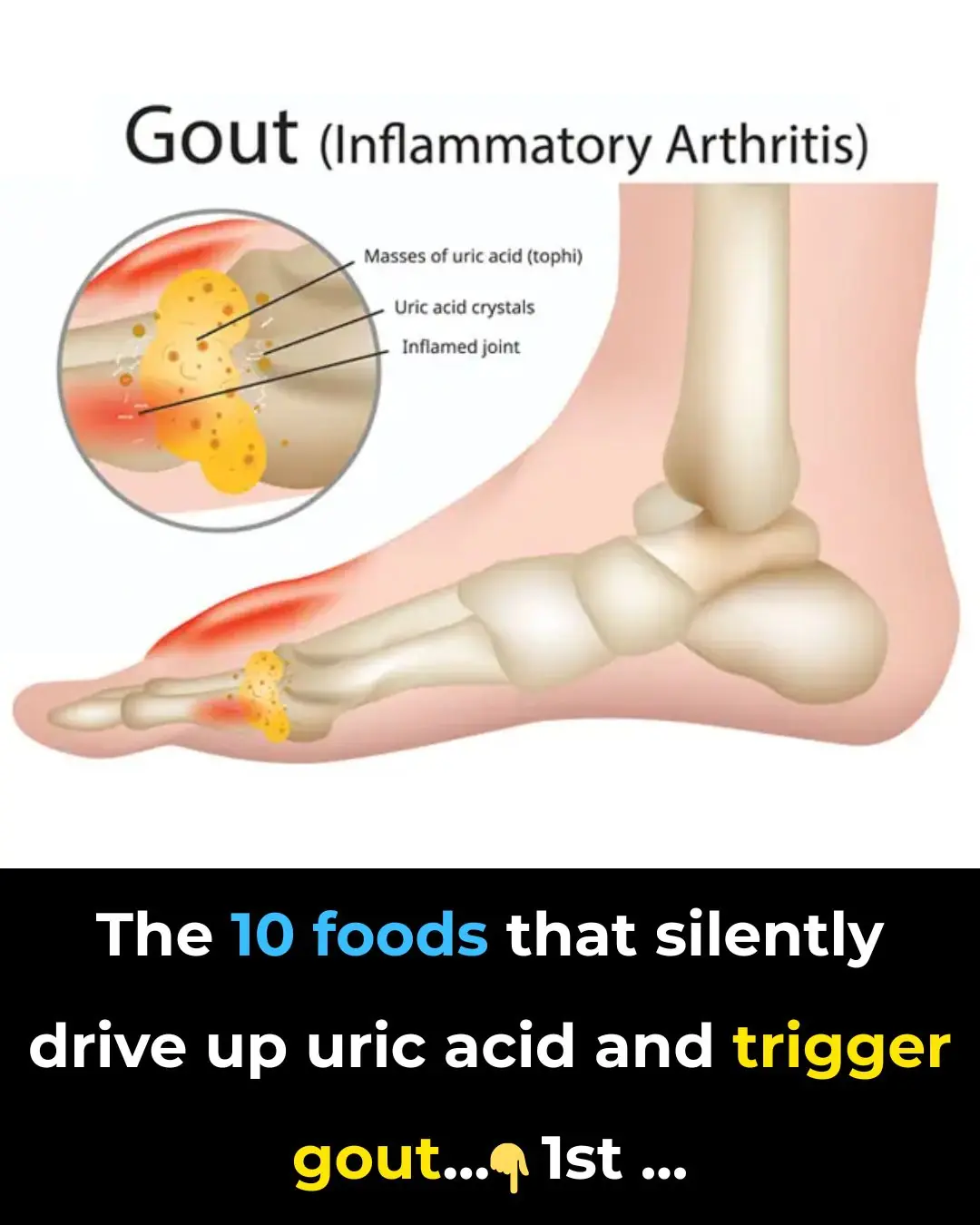
Top 10 Uric Acid Foods To Avoid If You Have Gout

The natural ingredient that helps you sleep through the night and boosts fat burning
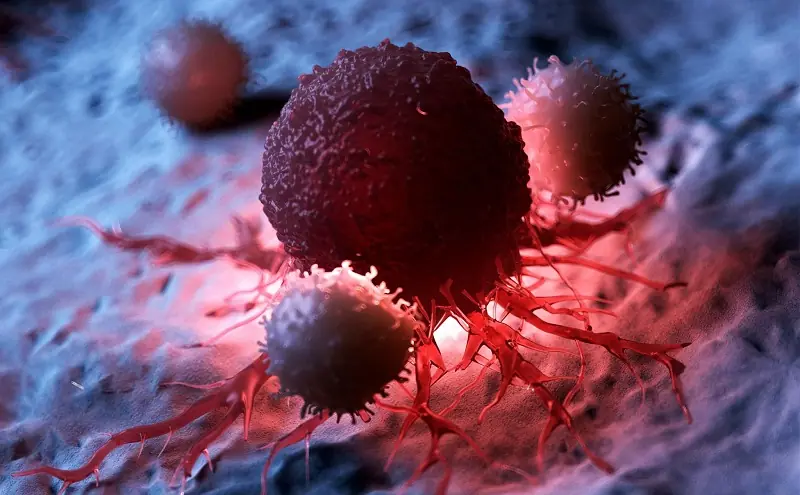
Cancer Dies When You Start Eating These 8 Foods. Time To Start Eating Them

Your Feet Are A ‘Blood Sugar Meter’ – Beware Of Diabetes If You Frequently Experience These 12 Symptoms
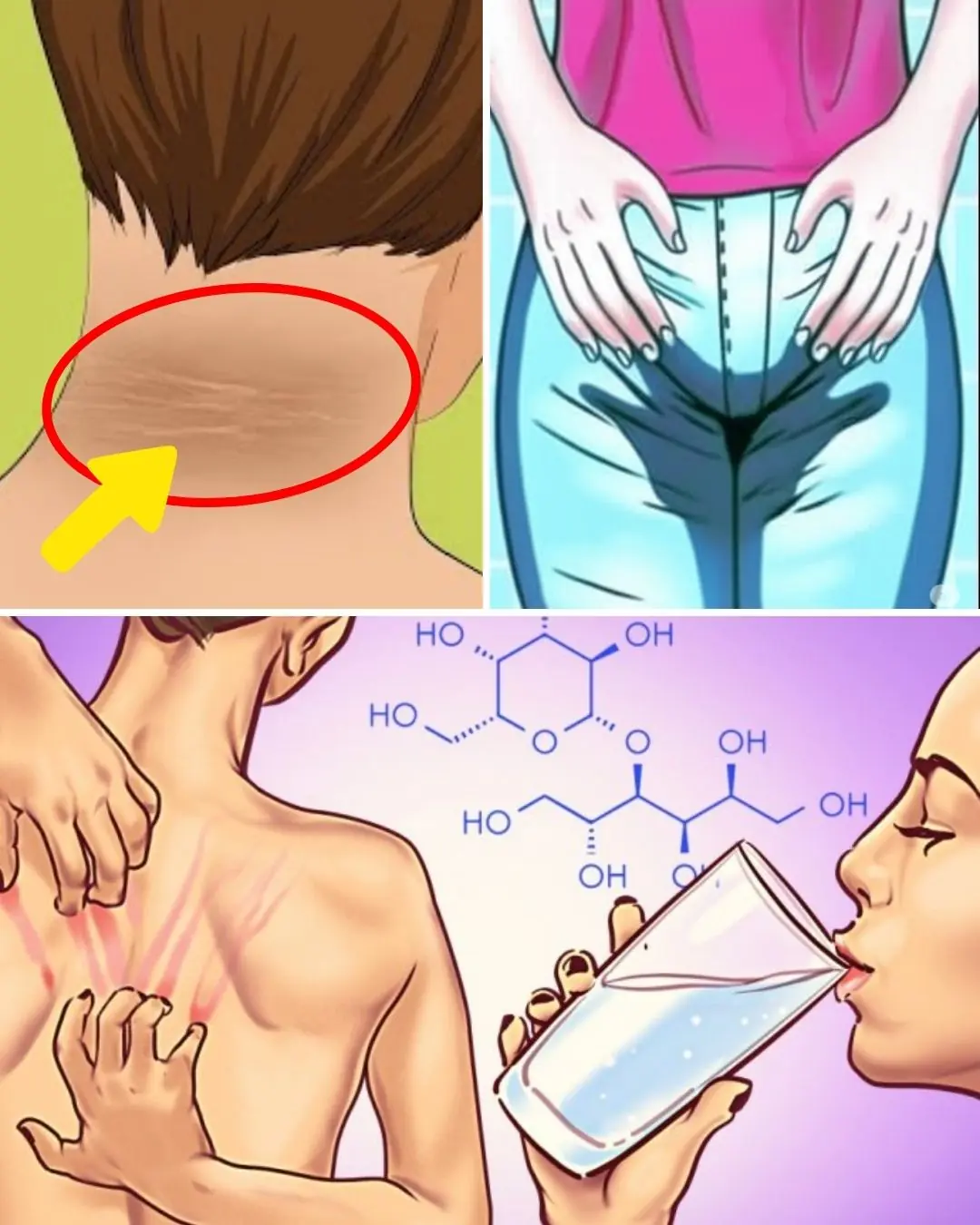
What are the symptoms of diabetes?
News Post

Ariana Grande gives shocking update on music career after ‘Wicked: For Good’

Controversial I'm A Celeb star Ruby Wax's changing face

MAFS UK's Abi issues emotional relationship status update

The “Hand of God” Technique: How a Simple Gesture Brought Humanity Back Into Isolated Hospital Rooms

Ant McPartlin's tattoos explained – from meaningful inking to poignant tribute

When the Brain Begins to Consume Itself: The Hidden Costs of Chronic Sleep Loss

When the Brain Eats Itself: The Hidden Damage Caused by Lack of Sleep

From Self-Marriage to Self-Divorce: Suellen Carey’s Viral Journey of Self-Love

Kerry Katona undergoes corrective boob surgery as she gushes over beau Paolo's support

How Rose Essential Oil May Reshape the Brain: A Deep Dive Into a Surprising New Study

Celebrity MasterChef’s Gaz Choudhry fails to impress Grace Dent and John Torode and is sent home

DANIEL RADCLIFFE SENDS LETTER TO NEXT HARRY POTTER AND RECEIVES AN INCREDIBLY HEARTWARMING REPLY

The Hidden Years of Postpartum Recovery: How Motherhood Reshapes the Brain

I’m A Celebrity 2025: What the meaning is behing Shona McGarty’s piercings and tattoos

HOW CANCER CAN CAUSE DYSLEXIA AS MARTIN KEMP OPENS UP ABOUT EXPERIENCE ON I'M A CELEB

Unattractive Traits That Can Secretly Ruin a Relationship

Things You Should Never Do to Avoid Lightning Strikes

BILLY BOB THORNTON REVEALS TRUTH ABOUT INFAMOUS BLOOD VIALS WITH ANGELINA JOLIE
